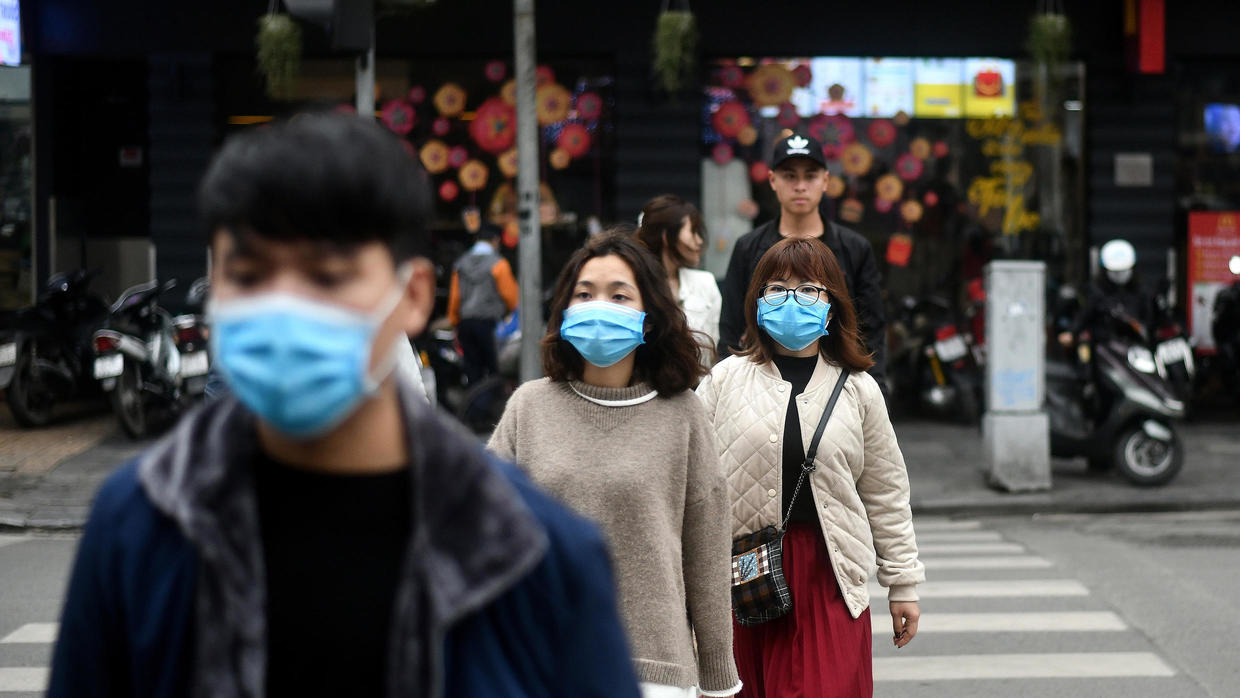GENEVA - Keen to avoid stigmatising the city of Wuhan, where the outbreak began, or Chinese people, the World Health Organization is treading carefully on naming the new virus.
The UN health agency's official temporary name for the disease, which it has designated as a global health emergency, is "2019-nCoV acute respiratory disease".
The date refers to when it was first identified on December 31, 2019 and "nCoV" stands for "novel coronavirus" - the family of viruses it belongs to.
"We thought it was very important that we provide an interim name so that no location was associated with the name," Maria Van Kerkhove, head of WHO's Emerging Diseases unit, told the agency's executive board on Friday.
"I'm sure you've all seen many media reports that are still calling it using Wuhan or China and we wanted to ensure that there was no stigma," she said.
The final decision on a name is expected within days and is up to the WHO itself as well as coronavirus experts on the International Committee on Taxonomy of Viruses (ICTV).
But picking a more specific name is fraught with dangers.
Under a set of guidelines issued in 2015, WHO advises against using place names such as Ebola and Zika -- where those diseases were first identified and which are now inevitably linked to them in the public imagination.
Sylvie Briand, head of WHO's Global Infectious Hazard Preparedness division, said this week that the use of a place name created "an unnecessary burden".
'Unnecessary and unhelpful profiling'
More general names such as "Middle East Respiratory Syndrome" or "Spanish flu" are also to be avoided as they can stigmatize entire regions or ethnic groups.
"It is the responsibility of us all to ensure that there is no stigma associated with this disease, and the unnecessary and unhelpful profiling of individuals based on ethnicity is utterly and completely unacceptable," said Michael Ryan, head of WHO's Health Emergencies Programme.
The WHO also points out that using animal species in the name can create confusion such as H1N1, which was popularly referred to as "swine flu".
This had a major effect for the pork industry even though the disease was being spread by people rather than pigs.
H1N1 was also sometimes also called Mexican flu "which was not very nice for Mexican people," Briand said.
People's names -- usually the scientists who identified the disease -- are also banned, as are "terms that incite undue fear" such as "unknown" or "fatal", the WHO said.
"We've seen certain disease names provoke a backlash against members of particular religious or ethnic communities, create unjustified barriers to travel, commerce and trade, and trigger needless slaughtering of food animals," the WHO said in its guidelines.
Instead, it recommended that any new name should be descriptive and include the causative pathogen if known, as well as being short and easy to pronounce.
"We are really trying to be as neutral as possible, but as helpful as possible as well, because we need to name things with the same name everywhere in the world if we want to tackle the enemy in the same way," Briand said.




















































